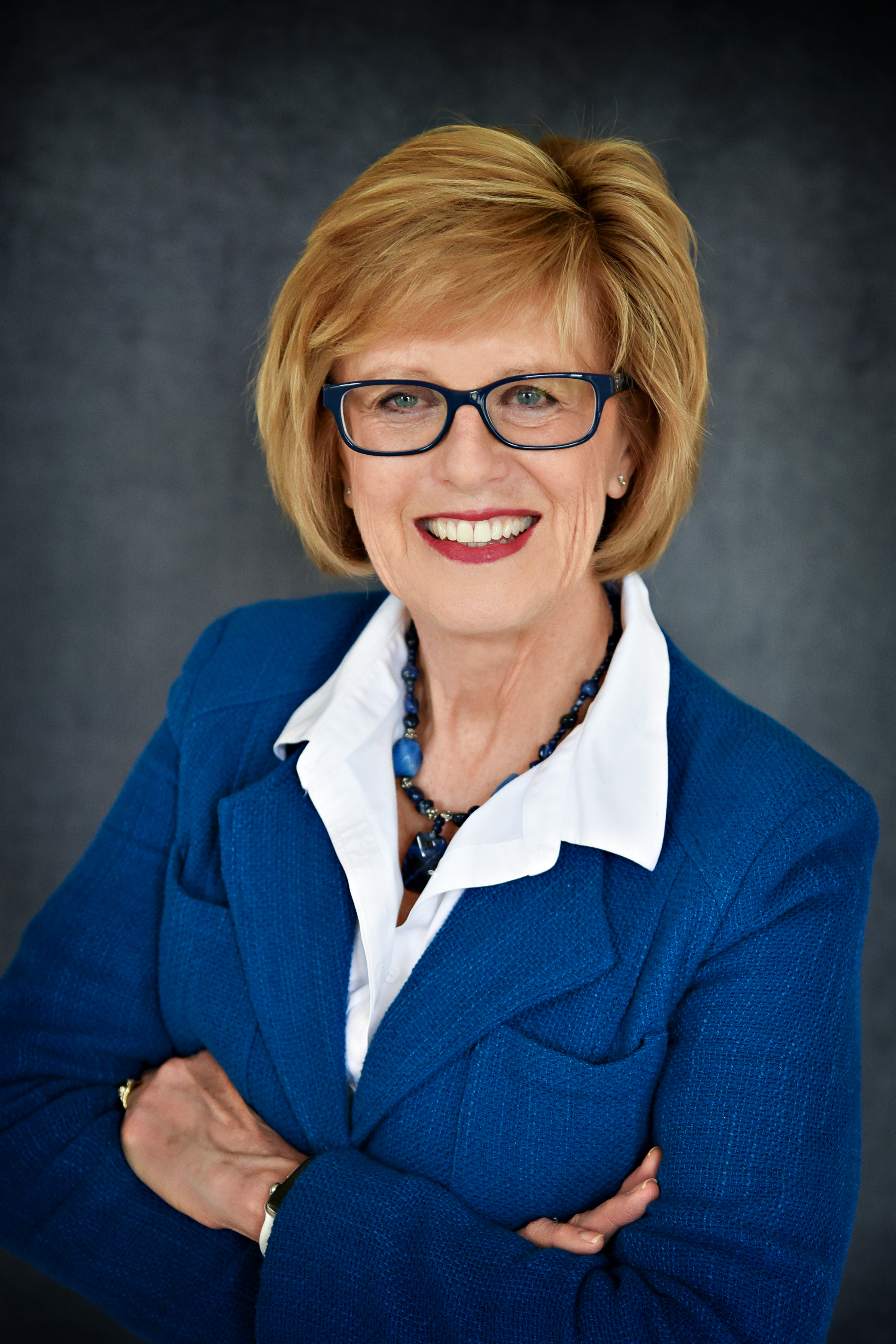Want to make a difference? Show courage and find meaning
May 16, 2023

By Kathy Miller Perkins*
Courage—while the concept can seem fuzzy, you know it when you see it, right? Nevertheless, ask yourself how you define courage and what kinds of actions you consider to be courageous.
What is courage?
Courage is about mental or moral strength to carry on despite fear, danger, or difficulty, according to the dictionary.
Courage in grand gestures and simple acts
Certainly, courage shows up in grand gestures. For example, the Uber driver who stopped to evacuate people from a burning building on his way to the airport last week exemplifies courage. Likewise, the high school football players who rescued a woman from a car crash showed great bravery.
However, heroism isn't just about the grand gestures. Everyone faces challenges daily that call for more straightforward acts of courage.
Examples of everyday courage
No matter who you are, you can be courageous in your daily life.
Here are some examples:
- A team member speaks up at work when he believes his coworkers are making an unethical decision.
- A leader reprimands or dismisses an employee who engages in bullying behavior despite her superior and valuable technical expertise.
- A researcher refuses to hoard unique and undoubtedly career-advancing information because he believes sharing it will lead to quicker and better solutions to a problem.
- A senior leader establishes a culture where anyone can question status quo thinking. And no one is exempt from being challenged—not even the leader herself.
- Courage takes many forms in countless contexts. You can show courage personally and contribute to a culture that enables courageous behaviors, such as standing up for your values and speaking out when groupthink takes root.
Don’t confuse courage with fearlessness
The experience of fear connects with acts of courage. Yet the relationship may differ from what you assume.
Heroes and fear
A widespread myth suggests that heroes are fearless. Not true. Those who are the bravest experience fear just like everyone else.
In her book, The Fear Factor, psychologist Abigail Marsh reveals how people who engaged in selfless acts of courage described their experiences. They used words such as frightening, terrifying, and very scary. Their stories show they acted courageously despite their fears.
Courage requires triumphing over fear
The critical question concerning courage is why some take action while others remain passive in situations that call for bravery.
Marsh states that courage is not about the absence of fear. Instead, it is "the triumph over it." She claims courageous people are aware of dangers, but their goals are more important.
Uncover the secrets to courage
To become more courageous, consider the advice of Maria Ressa, who was arrested 10 times for speaking out against lies perpetuated by leaders with authority in her country. Maria is a Nobel Peace Prize Laureate and journalist who founded Rappler, a digital media company in the Philippines with the mission of “speaking truth to power.”
Don’t run from fear
According to Ressa, becoming courageous involves embracing fear. She says to acknowledge you are afraid, plan how you can address the possible consequences of bold steps, and then let the fear go.
Draw the line early
Ressa emphasizes the importance of taking a stand on what you will accept early. Draw a clear line between good and evil before facing circumstances that may tempt rationalizations. And don’t ever cross the line.
Cultivate trust, empathy, and community
One person can only accomplish so much. However, in a trusting community, you know someone else will likely have your back.
Create conditions for courage
Leaning into her research on altruism, Abigail Marsh talks about how generosity and courage emerge. She provides advice on how to increase your courage capabilities.
Expose yourself to fear in small doses
This strategy allows you to build a habit of acting with courage gradually. It helps you avoid the panic of confronting full-blown fear all at once.
Shift focus from self to others
By attending to others instead of yourself, you become less self-important and more able to act courageously for the greater good.
Cultivate a culture that nurtures well-being
Marsh found that when people have a sense of meaning and purpose and can meet basic needs, they are more generous. And they are more likely to show extraordinary courage.
Making a difference in the world requires courage. Every day ordinary people like you engage in generous and courageous acts. They do it not because of fearlessness. Their courage comes from values, habits, and a sense of purpose in the broader community.
Remember the words of John Wayne, who said, "Courage is being scared to death … and saddling up anyway."
*The original version of this article appeared on Forbes.com, where Kathy is a contributor.

Kathy Miller Perkins is a psychologist and a leadership and career coach. In her role as the owner and CEO of a consulting firm, she has assisted leaders of global corporations and educational institutions. Kathy directs a research program exploring the culture and leadership characteristics of successful purpose-driven organizations. She authored the book, Leadership and Purpose: How to Create a Sustainable Culture, and writes regularly for Forbes.com. Kathy obtained her B.A. and M.A. from Indiana University and her Ph.D. in Social Psychology from the University of Kentucky. She is currently pursuing B Corps certification—a designation for businesses that meet the highest standards of verified social and environmental performance, public transparency, and legal accountability to balance profit and purpose.


